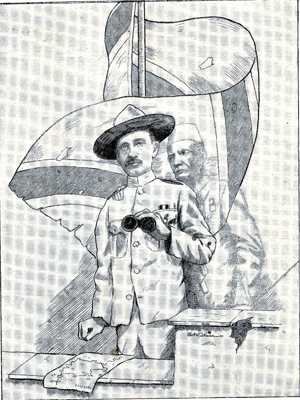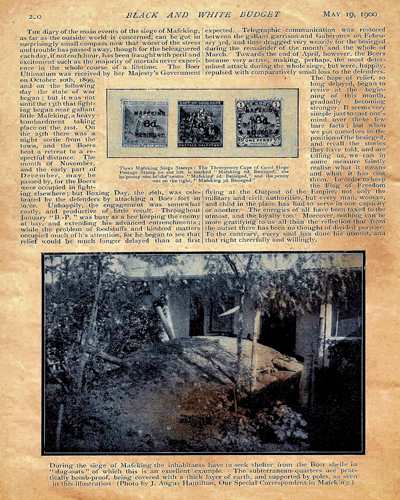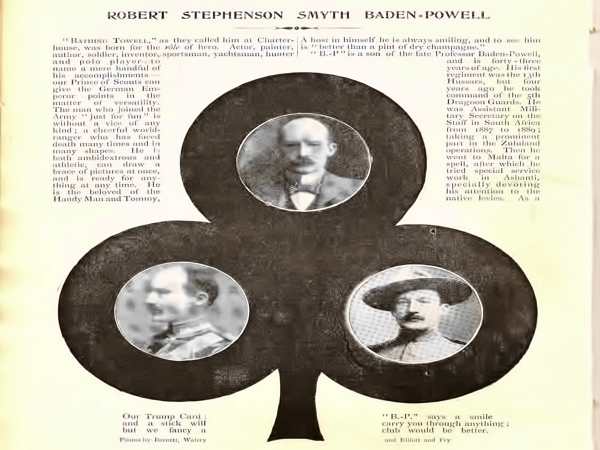Rev. Baden Powell, an esteemed Victorian theologian and mathematician, was a prominent figure of his era, known for his contributions to science, theology, and education. A Fellow of the Royal Society and the Royal Geographical Society, Powell held the position of Savilian Professor of Geometry at Oxford University. His work often merged scientific reasoning with theological perspectives, particularly in his essay, On the Study of the Evidences of Christianity, part of the controversial Essays and Reviews collection published in 1860.
Challenging Miracles: Powell’s Unconventional Views
Powell’s essay argued that miracles contradicted the laws of nature set by God, positioning a belief in miracles as inherently atheistic. His bold stance sparked debates, especially within a Victorian society deeply rooted in Christian faith. Powell believed God was a lawgiver, and as such, the natural laws were immutable. To Powell, accepting miracles implied that God would break His own established laws, an idea he found contradictory to true faith.

Powell passed away in 1860, shortly after the publication of his essay. In his honor, the children from his third marriage changed their surname to Baden-Powell. Powell fathered fourteen children, including Robert Baden-Powell, who would become a global figure in his own right.
The Siege of Mafeking: A Defining Moment
Robert Baden-Powell, born in 1857, followed an illustrious path of military service. During the Second Boer War, as Colonel Baden-Powell, he commanded the garrison at Mafeking, South Africa. Known for his strategic brilliance, Baden-Powell defended the town with just 1,000 soldiers and a cadet corps of young boys against an overwhelming force of 8,000 Boer troops.
Baden-Powell’s tactical ingenuity was evident throughout the 217-day siege. He employed clever deceptions, such as creating fake minefields, setting up improvised searchlights, and directing his men to pretend to avoid non-existent barbed wire. These ruses tricked the Boers into overestimating the strength of his defenses, buying crucial time and resources.
The Siege of Mafeking became a symbol of British resilience, and its relief on May 17, 1900, led by Colonel B.T. Mahon, marked a turning point in the Boer War. The victory was celebrated across Britain, and Baden-Powell became a national hero, earning a knighthood for his efforts. The term “to maffick” entered the English language, meaning to celebrate extravagantly, inspired by the jubilant public reaction to the news of Mafeking’s relief.
From War Hero to Scouting Founder
Baden-Powell’s experience in Mafeking had a profound impact on him, especially the contribution of the Mafeking Cadet Corps. These boys, some as young as thirteen, served as messengers, orderlies, and lookouts, displaying remarkable courage and responsibility. Impressed by their spirit, Baden-Powell used them as a model for a new youth movement.

In 1907, Baden-Powell founded the Boy Scouts, an organization dedicated to building character, leadership, and practical skills among boys. He published Scouting for Boys in 1908, a guide that quickly became a bestseller and laid the foundation for the Scouting movement worldwide. The book included the story of the Mafeking Cadets, emphasizing the importance of discipline, duty, and service.
Scouting spread rapidly, capturing the imagination of young people globally. In 1910, Baden-Powell and his sister Agnes established the Girl Guides, expanding the movement’s reach to include young women. The Scouting movement grew to encompass millions of boys and girls across diverse cultures, teaching values of teamwork, outdoor skills, and community service.
Baden-Powell’s Enduring Legacy
Robert Baden-Powell’s legacy extends far beyond his military achievements. His vision of a global youth movement promoting peace, understanding, and self-reliance continues to thrive today. The Boy Scouts and Girl Guides have grown into one of the world’s largest youth organizations, inspiring generations to live by the Scout Motto: “Be Prepared.”
Despite criticism and controversy over some of his ideas and the colonial undertones of his time, Baden-Powell’s contributions to youth development are undeniable. His influence can be seen in the millions of Scouts and Guides who continue to embrace his principles of leadership, service, and adventure.
From the mathematical and theological explorations of his father, Rev. Baden Powell, to his own innovative approaches in both military strategy and youth education, Robert Baden-Powell’s story is one of resilience, creativity, and enduring impact. His legacy reminds us that even in the face of overwhelming odds, ingenuity and a commitment to one’s principles can lead to extraordinary outcomes.

